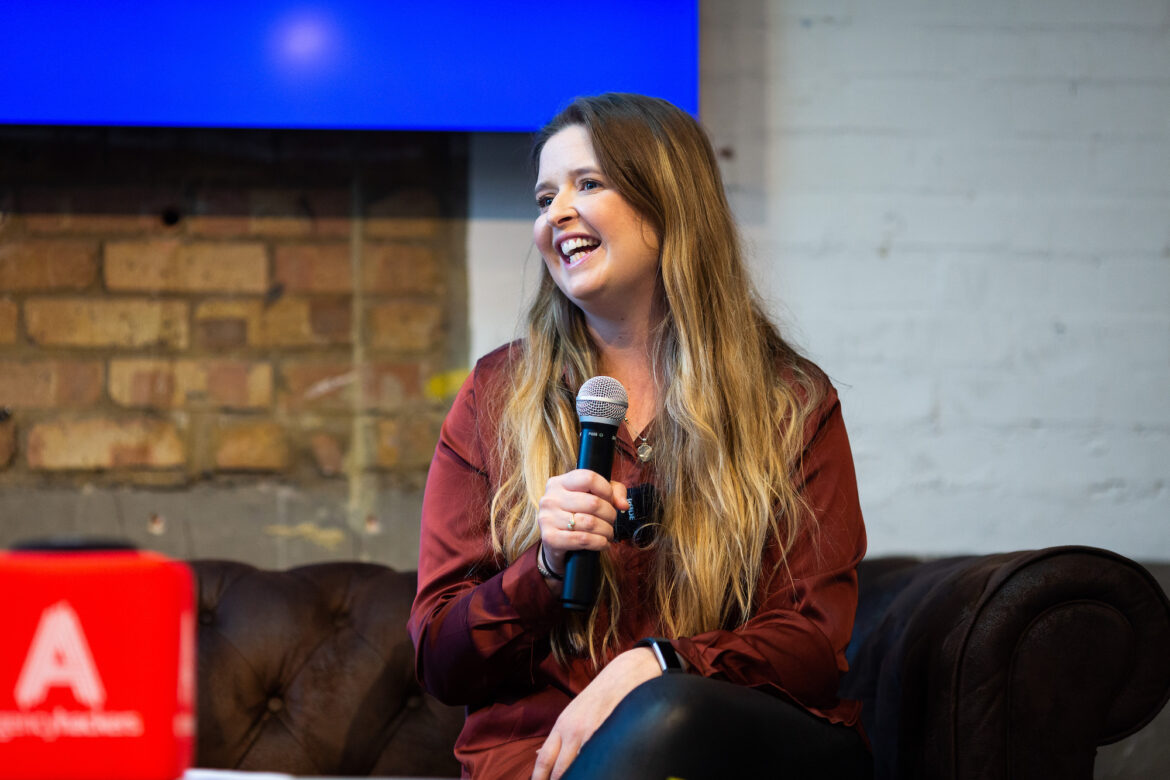

⚙️ The Agency Process and Operations Conference
• Are you on a journey to improve your agency’s process and operations?
• Join us for a day of inspiring talks and case studies, to help you decide what will help you put your best foot forward in 2026.
Thursday 13th November 2025 – 1.30pm to 5pm
The British Library, Kings Cross
Operations should be the engine that powers your agency – but it sometimes feels more like pushing a broken-down car uphill:
- Processes are caving under pressure
- Team sizes are fluctuating every year
- Internal comms are confusing
This is where Clockwork comes in. At this conference we will be looking at how to make operations… more operational.
We’ll be hearing from agency operations leaders about how they are using project management tools, AI and the best ways to make processes easier, and how to continuously adapt to a changing industry.
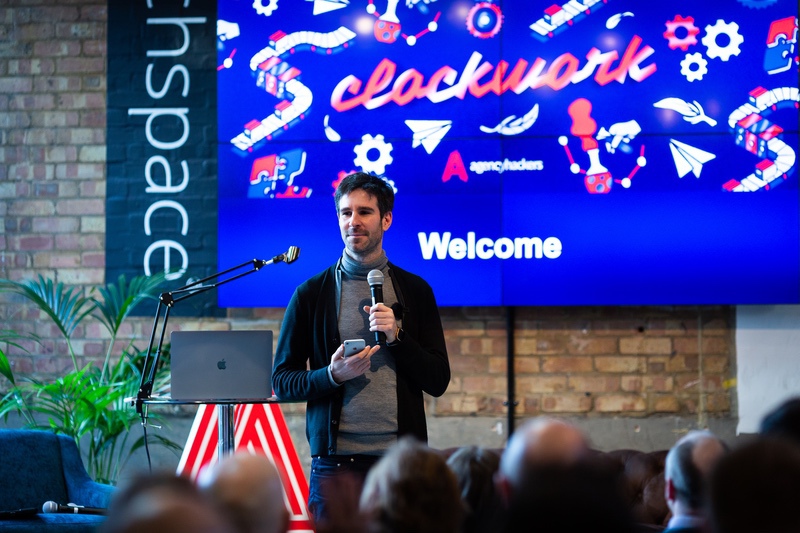
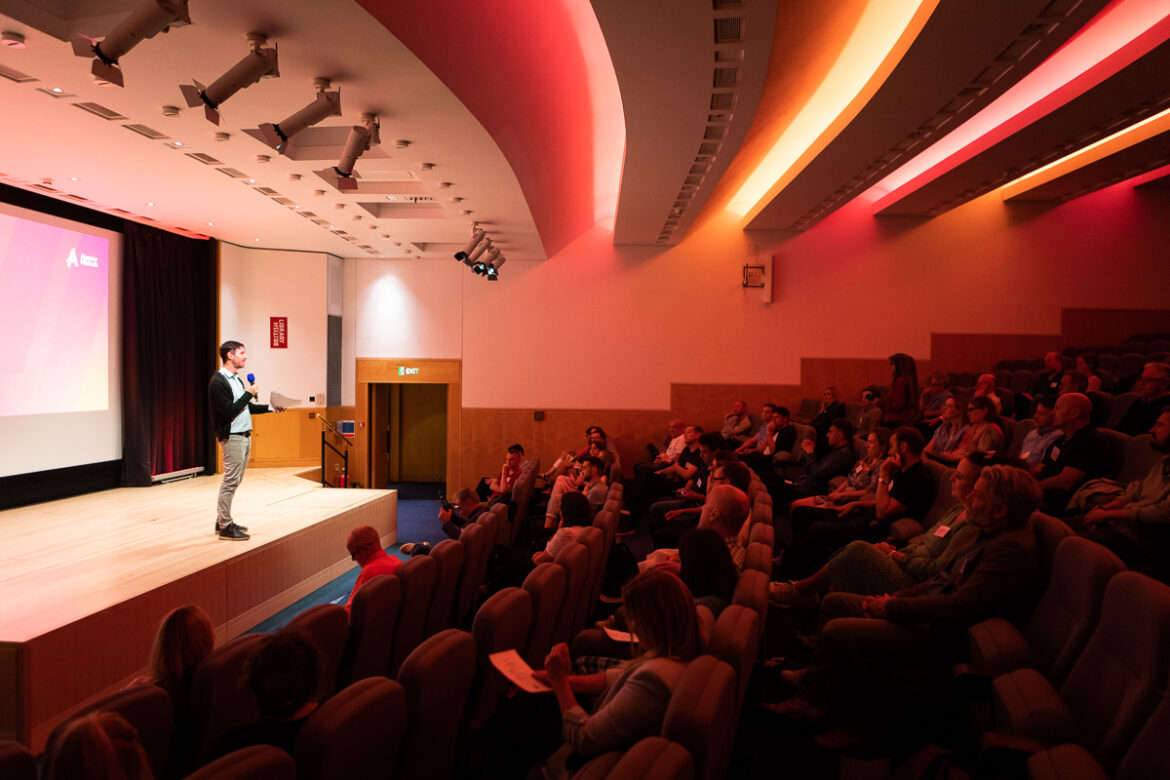
Meet other people improving how their agency runs
Clockwork is an afternoon that will help you get inspired, and meet other agency process and operations people that you can learn from.
We blend interactive talks and group discussion.
- We dot you around the venue so you can interact – and we mix up the groups so you meet different people.
- We poll you before the event to see what you want to talk about.
- We make sure all the talks are original and interesting. We facilitate questions and reflections throughout.
It’s aimed at agency leaders and their process or operations leaders – but anybody can come.
- Our venue is the Knowledge Centre at The British Library. We have the entire building, so you will explore the venue interacting with different agency leaders. We mix up the groups so you meet different people.
- We poll you before the event to see what you want to talk about.
- We make sure all the talks are original and interesting. We facilitate questions and reflections throughout.


Five Rooms of Learning and Inspiration
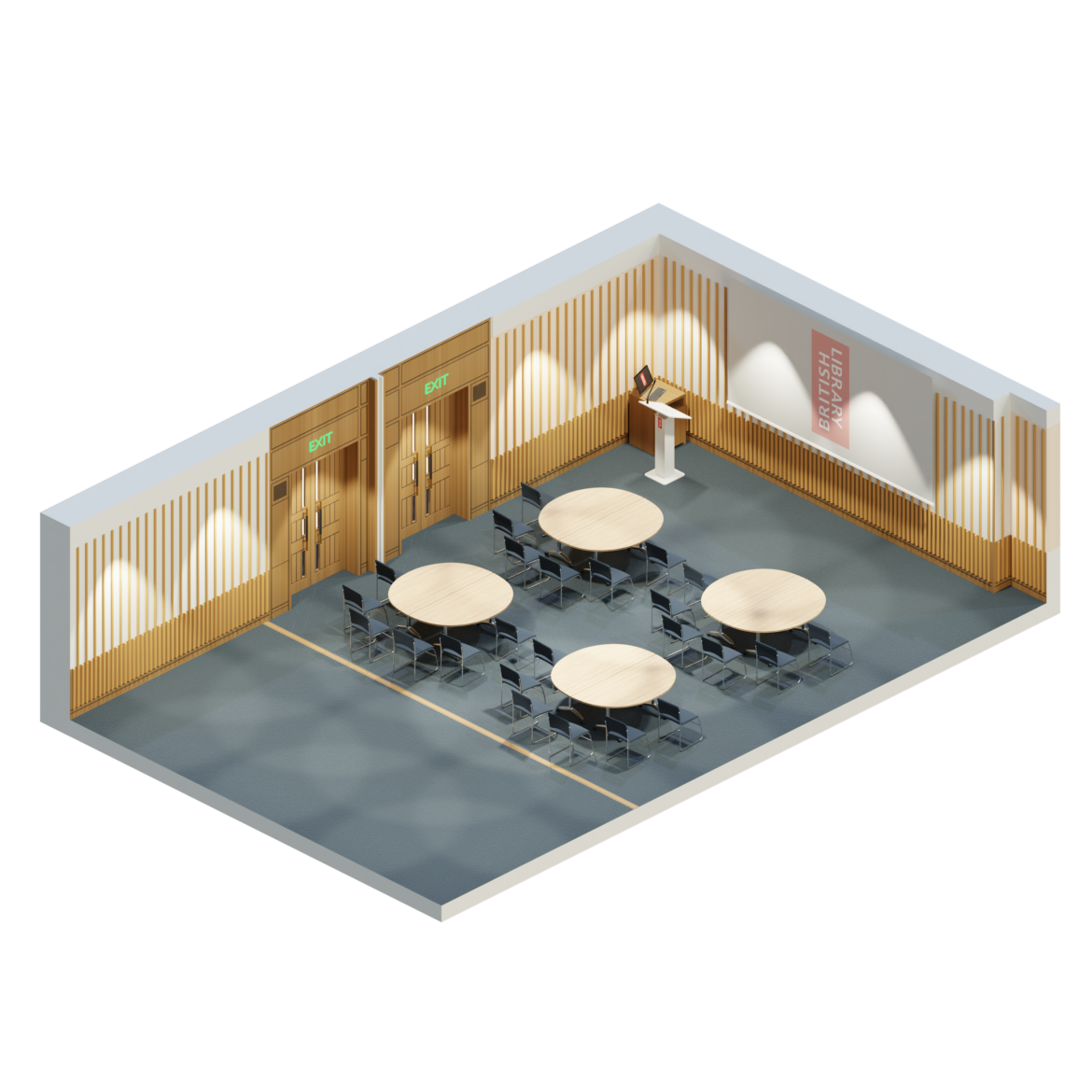
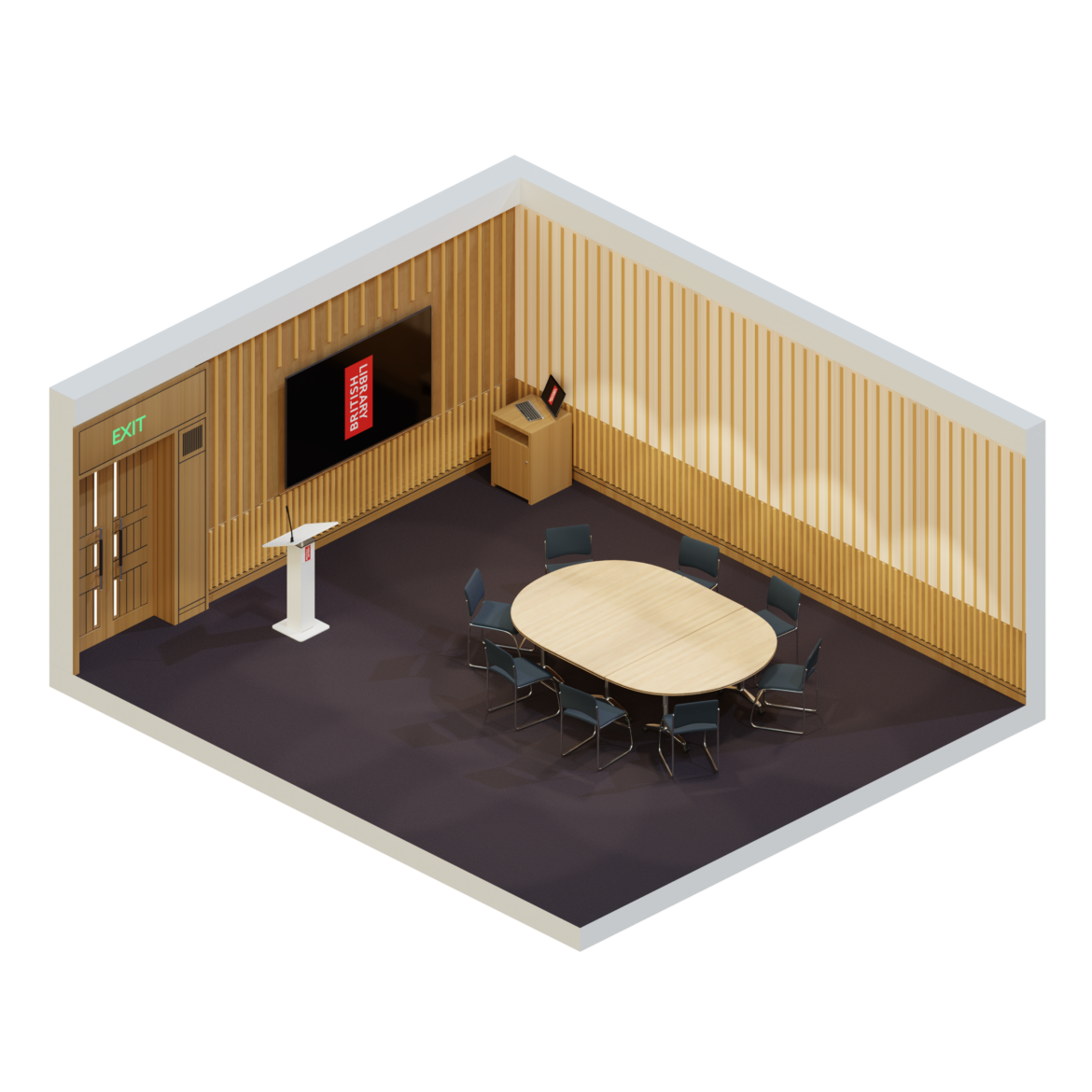
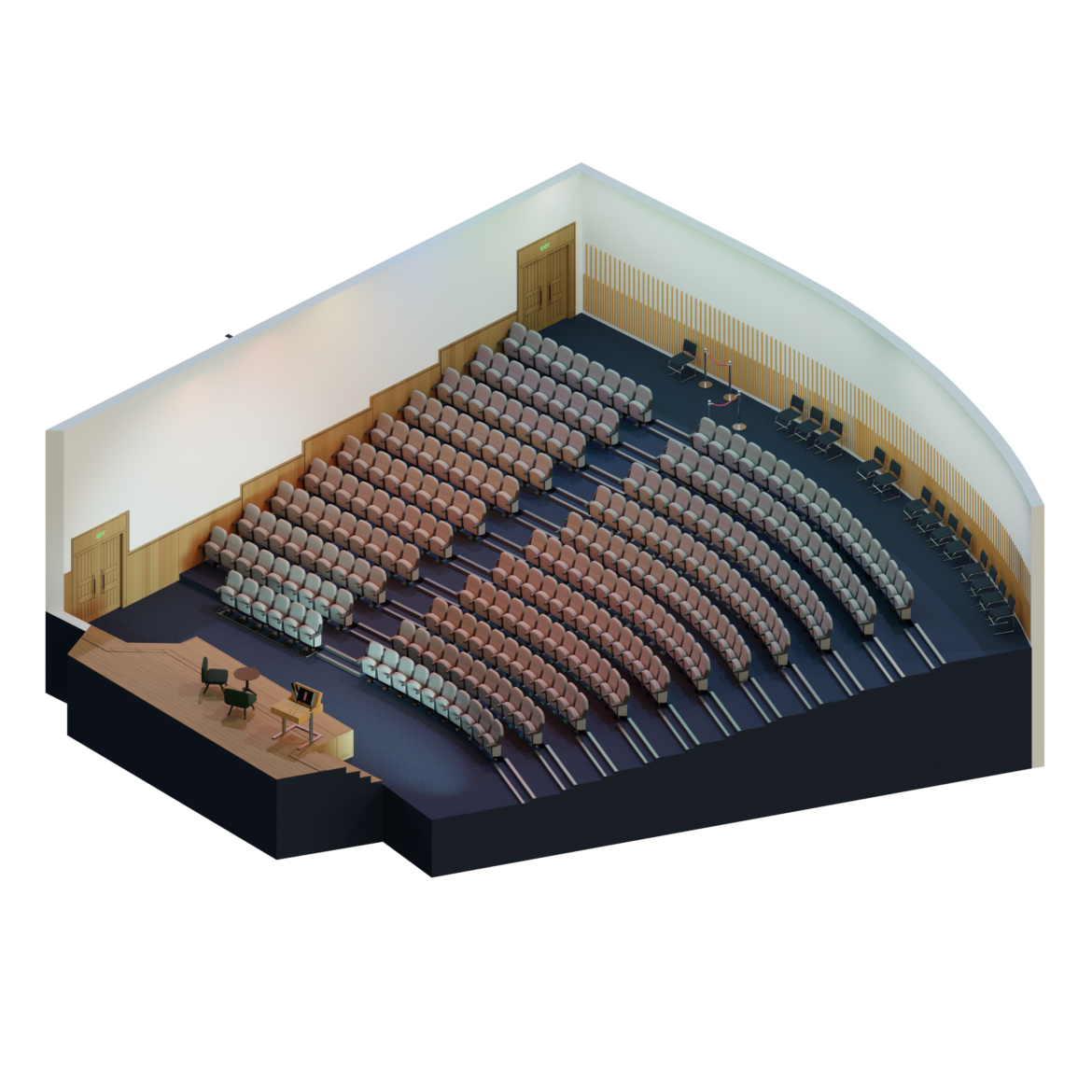
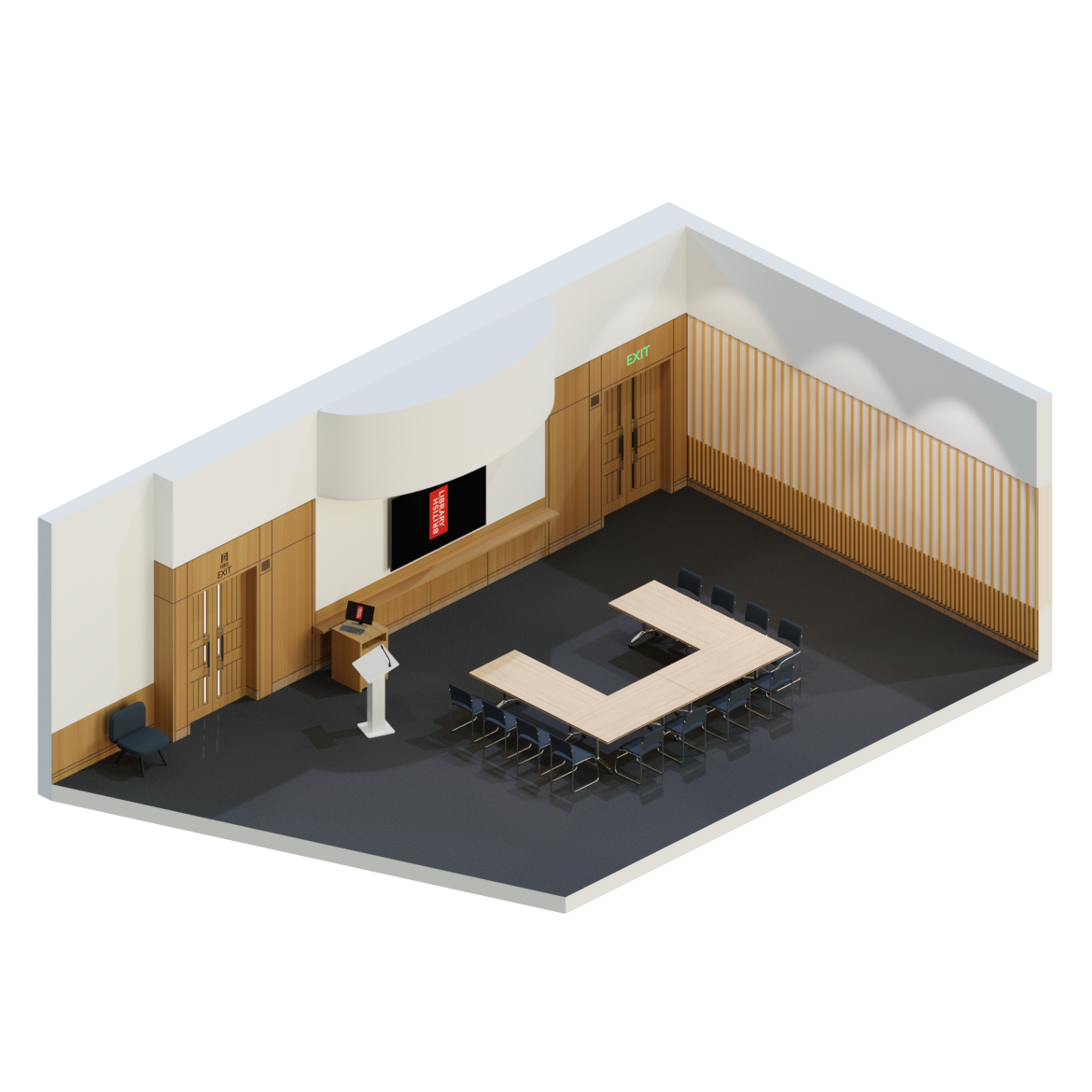
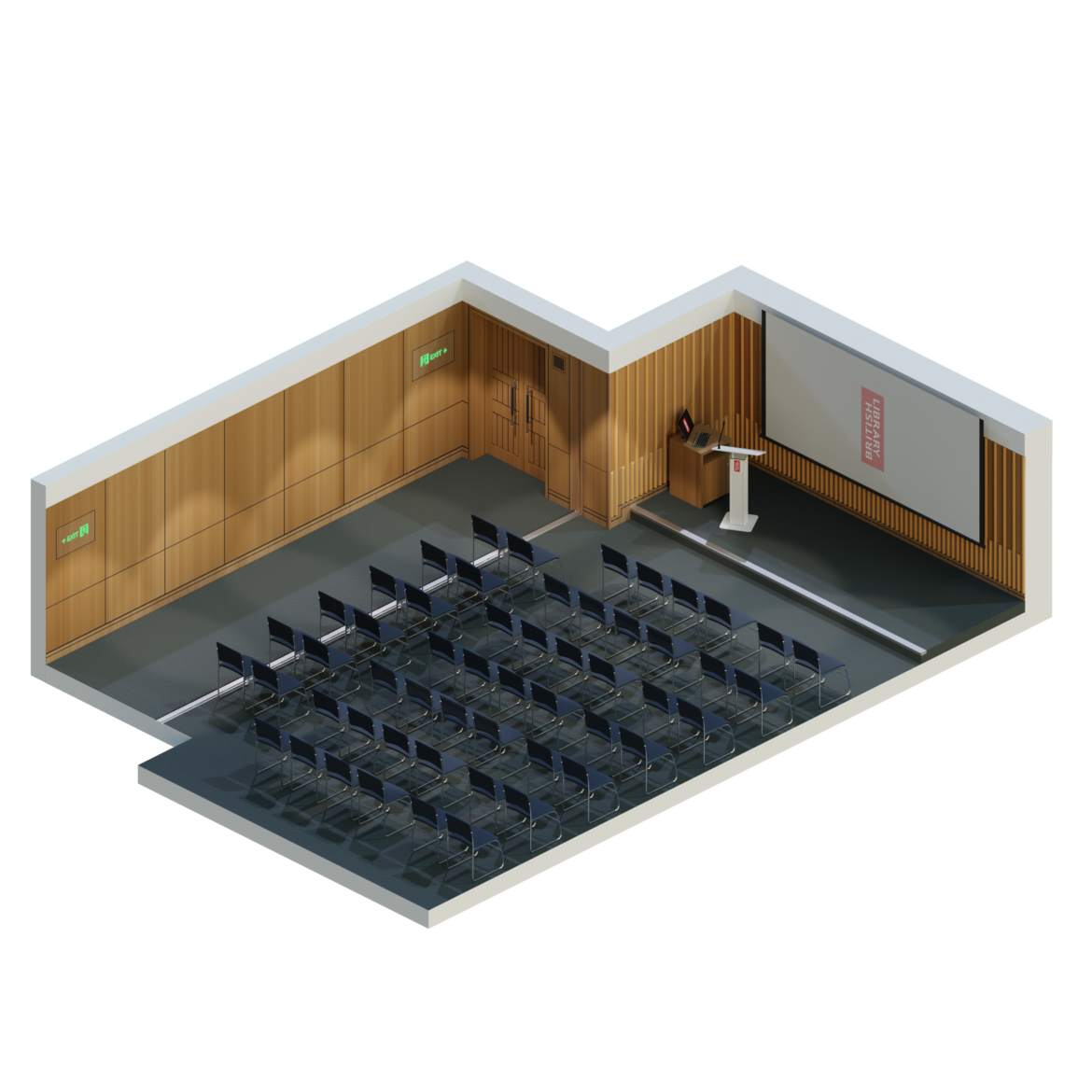
Clockwork – FAQs 🤖
Q: What actually happens on the day?
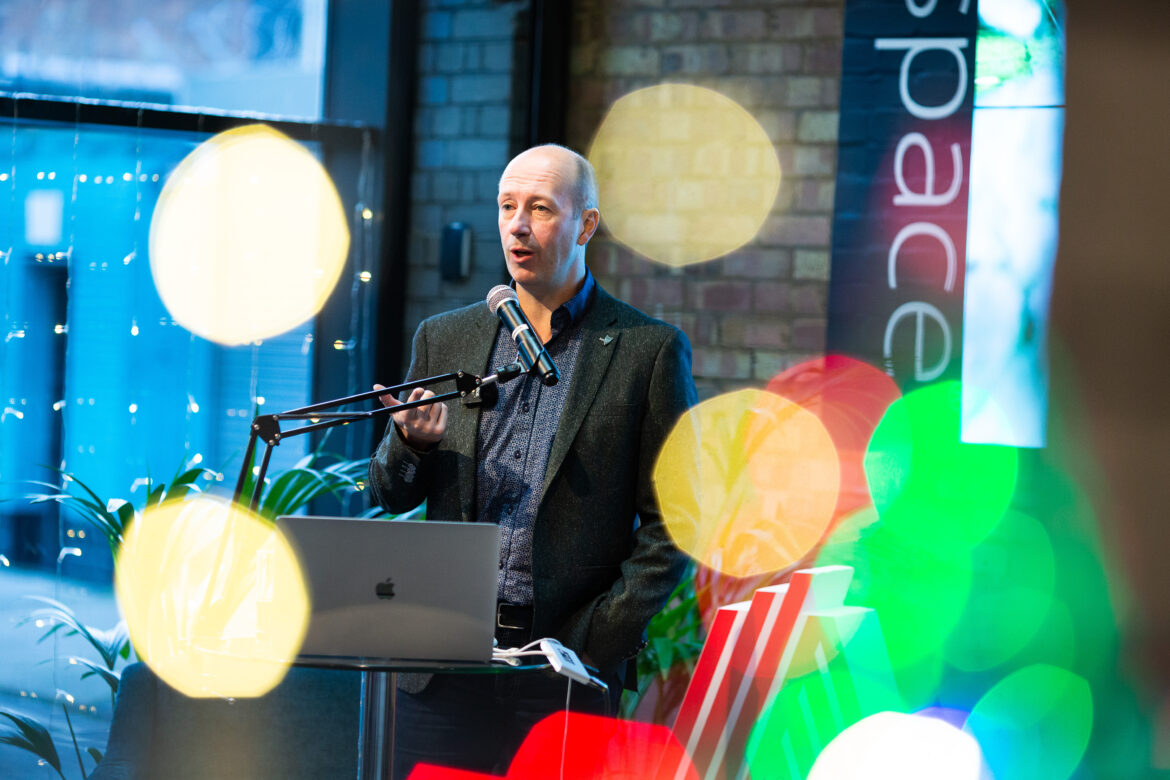
We start the event sharp at 1.30pm, so try to arrive by 1.15pm.
The afternoon’s format is pretty simple: you will spend some time hearing from guests with interesting stories that you can learn from, and you will also spend some time in small groups discussing your journey with like-minded agency leaders.
The event is hosted by Agency Hackers facilitators who make sure that everybody with something interesting to say gets heard. (We poll attendees before the event, so we know who to ‘pick on’ on the day.)
We will serve tea, coffee and a great lunch to keep you going throughout the day.
Q: Who will I hear from? Who are the speakers?
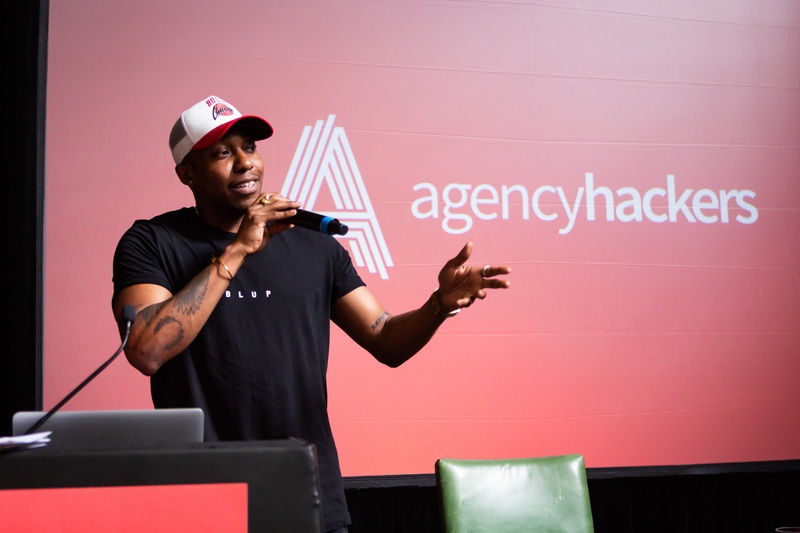
The people you’ll hear from are all agency leaders with interesting stories to tell about agency process or operations.
We also decide who to spotlight based on the information we capture in the weeks before. (Look out for our emails!)
We will publish the line-up a few weeks before, but mostly we hope that you will trust us to select interesting folk from our audience. We find that the people who choose to attend our events are overwhelmingly on fascinating journeys that will resonate with you.
Also, the ‘talks’ aren’t really linear presentations. They’re more like structured case studies, with lots of questions and reflections from the audience.
You could potentially call them ‘fireside chats’, but these are not rambling cosy conversations. They are planned and structured . We put a lot of work into researching our guests, out of respect for your time.
Q: Who can attend?
This event is mainly for agency leaders and operations leaders – but it’s potentially of interest to anybody interested in making their agency run letter.
Basically, anybody can attend if you think it looks up your street.
